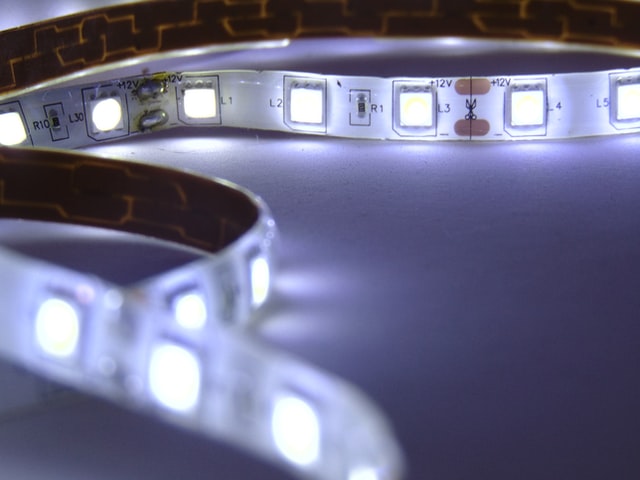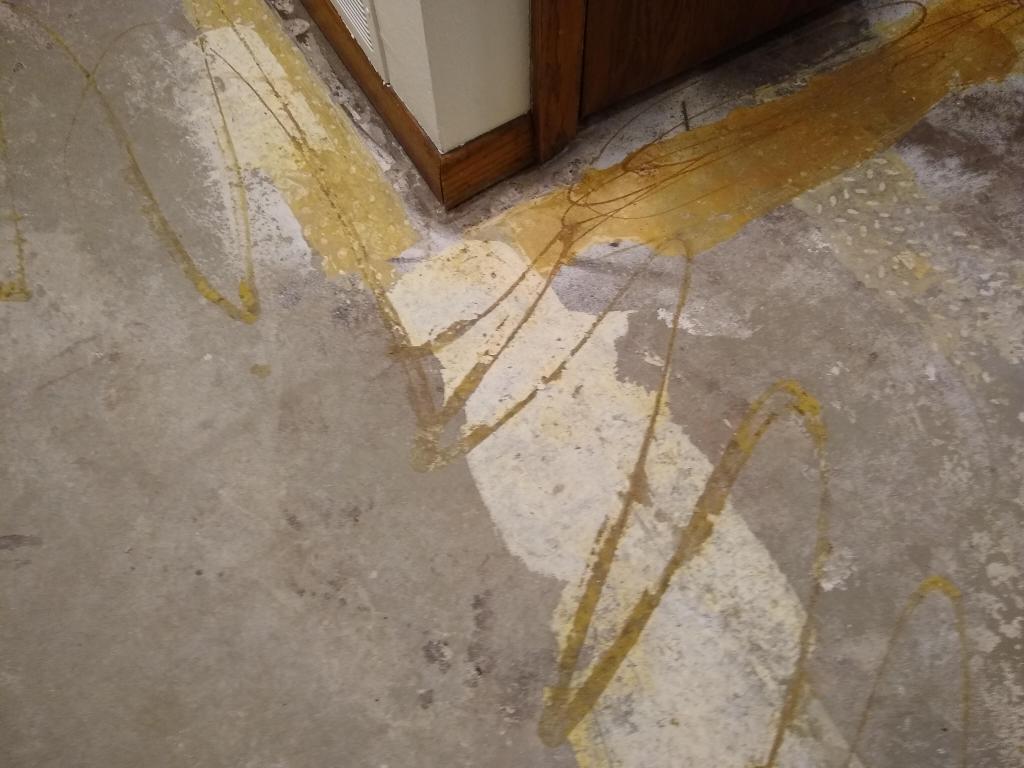Psalm 30 | John 21: 1 – 19
A good ten years ago, my husband and I were invited to a big family picnic. Everyone had arrived at the park shelter and been there for a while when I found myself wondering why no one had gotten the charcoal lit so that hot dogs and hamburgers could be cooked. I’d never cooked for a large group of people before, and grilling wasn’t something I had done much of. Eventually, though, Steve and I agreed that if we worried about stepping on anyone else’s toes any longer we’d be eating potato salad and marshmallow fluff for dinner. As we fired up the grills, I told Steve that being the grill master had never entered my mind because “one of the old guys” always did that. Before I could say anything else, he gave me a sideways grin and declared, “Now you’re one of the old guys.”
In today’s Gospel reading, I think that Peter and the disciples with him were experiencing a somewhat similar, albeit much more serious situation of questioning their adequacy, their roles, and their callings. Not too long before, their friend, mentor, and Messiah had walked right into a death sentence and died a criminal’s death. It had been an especially big shock to the disciples like Peter who had believed the Messiah would take control and chase off the occupying army of Romans. Most of the disciples had scattered and hid out in various places to avoid suffering the same fate that Jesus did. Peter had gone so far as to deny he knew Jesus, three times over. Since that time, the resurrected Jesus had appeared to them, but it seems that they were still questioning and unsure of themselves.
They were in the midst of changing circumstances and uncertain expectations, with looming responsibility for things they had never done – or at least had never done without Jesus being nearby. Metaphorically speaking, in terms of my picnic grilling story, they were facing a moment of “I’m not one of the old guys”…that was hitting Peter especially hard.
Sometimes we put the people in the Bible on a pedestal, thinking they were somehow “super people,” but I don’t believe they were. So I want to ask if you can think of a similar time in your life when you were challenged or had the opportunity to take on a new responsibility, and you weren’t sure if you could handle it…weren’t sure if you even wanted to handle it? Maybe it was physically dangerous, or maybe you’d faced something similar before and failed in such spectacular fashion that the resulting embarrassment was still very strong, threatening to paralyze you with fear of a repeat. Or maybe you just beat feet in the opposite direction, in a hurry to avoid the scene entirely. I’ve been there – I can identify with all of the above experiences. I think most of us have been there in some way, at some time. We have, to some extent, stood in Peter’s sandals.
Poor Peter…his three-peat denial of Jesus, and running away to hide was such a spectacular failure that we’ve practically immortalized it in our language in the verb “to peter out,” meaning to fizzle out, taper off to nothing, or end weakly. In today’s reading, I can imagine Peter being stuck in a rough state of mind, conflictin thoughts and emotions sort of “stewing.” There’s a sense that something’s gotta give as he decides that he’s going to do something familiar, do something he knows he’s good at. He goes fishing…and the guys join him.
But Peter and his disciple buddies are out all night and don’t catch a thing, not a single fish. I can imagine Peter calling out to God at that point, like the psalmist did in today’s psalm, “God…listen! and be kind! Help me out of this mess!”
Of course, God didn’t let Peter flounder for long (that fishing pun is for you, Bob, wherever you are). Jesus appeared on the shore at sunrise and brought a sense of déjà vu with him. Jesus would proceed to kind of replay some earlier scenes from his group’s life and ministry together, but with a different outcome for Peter. If you identify with Peter’s situation, his state of mind, I invite you to stay in his sandals all the way to the end of this story.
Don’t worry, I know I’ve gotta pick up the pace at this point so I don’t go into overtime or lose y’all completely!
So, buckle up and don’t blink, here’s how I break down the replays and the message they convey to us…
First thing, Jesus told the guys to throw their net out into the water on in a specific direction, and, when they did, they hauled in so many fish that the net could barely handle them. Then, Jesus fed them a breakfast of loaves and fish. Does that sound familiar? The message I’m hearing in all of this is that you can and should trust Jesus, and that when you’re with Jesus, there is an abundance…there is “enough.”
After breakfast, Jesus asked Peter three times, “Do you love me?” Essentially giving Peter a do-over of the night that he denied knowing Jesus three times. Jesus accepts each of the three answers that Peter gives, and repeats his invitation to Peter to “feed my sheep” and “follow me.” The message here? Jesus not only forgives what some people might think unforgiveable, but reminds us that he is the one calling us to follow him. At no time is worthiness or ability mentioned. The only thing I hear being questioned is willingness, or maybe commitment.
Are you hearing the same messages that I hear?
- You can trust Jesus.
- When you are with Jesus, there is enough.
- Jesus forgives the biggest screw ups. Jesus invites you to follow him.
- And, with Jesus, you are enough.
When we let all this reassuing, good news sink in, and embrace it as Peter eventually did, we can let go of the fear and the “imposter syndrome” that’s dragging us down. We can embrace the responsibility and role of being “one of the old guys,” get on with cooking the burgers, and maybe even enjoy the picnic. We can take a deep, grateful breath and say to God, as the psalmist did:
“You did it: you changed wild lament into whirling dance; You ripped off my black mourning band and decked me with wildflowers. I’m about to burst with song; I can’t keep quiet about you.
GOD, my God, I can’t thank you enough.”
Amen.
All Scripture quotations are taken from THE MESSAGE, copyright © 1993, 2002, 2018 by Eugene H. Peterson. Used by permission of NavPress. All rights reserved. Represented by Tyndale House Publishers, Inc.


